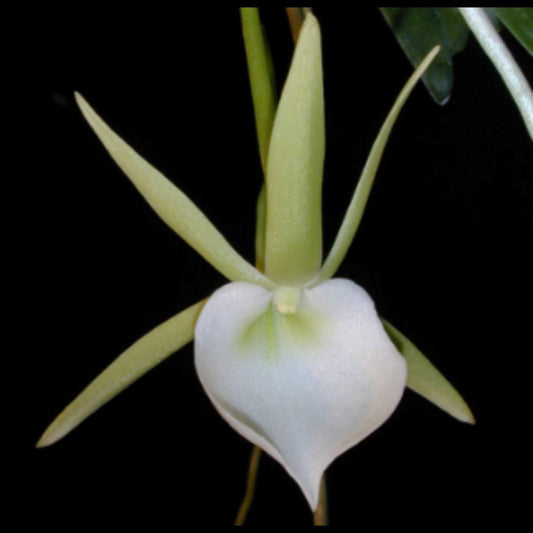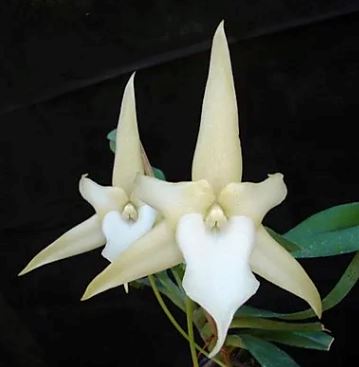
Orchid Care 101: What to Avoid When Cultivating Orchids
Orchids are renowned for their stunning beauty and delicate allure, captivating enthusiasts and beginners alike. However, successfully cultivating these exquisite flowers requires more than just admiration; it demands patience, knowledge, and attention to detail. While there are numerous guides on how to care for orchids, it's equally important to understand what pitfalls to avoid. Here's a comprehensive look at what not to do when cultivating orchids to ensure their health and longevity.
-
Overwatering: Perhaps the most common mistake among orchid enthusiasts is overwatering. Orchids are epiphytes, meaning they naturally grow on trees in tropical climates, where their roots are exposed to air. Overwatering can lead to root rot, a serious condition that can quickly kill the plant. Instead, water orchids sparingly, allowing the potting mix to partially dry out between waterings.
-
Using the Wrong Potting Medium: Orchids require a well-draining potting medium that mimics their natural habitat. Using regular potting soil or a medium that retains too much moisture can suffocate the roots and lead to fungal infections. Opt for a specialized orchid mix that contains materials like bark, perlite, or sphagnum moss to promote proper drainage.
-
Ignoring Light Requirements: While orchids thrive in bright, indirect light, exposing them to direct sunlight for extended periods can scorch their delicate leaves. Conversely, inadequate light can inhibit blooming and stunt growth. It's essential to find the right balance by providing sufficient light without subjecting the plants to harsh rays. East or west-facing windows are ideal for most orchid varieties.
-
Neglecting Air Circulation: Good air circulation is vital for orchids, as it helps prevent the development of fungal and bacterial diseases. Placing orchids in stagnant air or overcrowded spaces can create a breeding ground for pests and pathogens. Position fans nearby or crack open windows to promote air movement, especially in humid environments.
-
Skipping Repotting: Orchids should be repotted periodically to refresh the potting medium, promote healthy root growth, and prevent overcrowding. Neglecting to repot can lead to a host of issues, including compacted roots, nutrient depletion, and poor drainage. Aim to repot orchids every one to two years, or when you notice the potting mix breaking down or roots spilling over the edges of the pot.
-
Overfertilizing: While orchids do benefit from occasional fertilization, too much of a good thing can be detrimental. Overfertilizing can cause salt buildup in the potting medium, leading to root burn and nutrient imbalances. Follow a diluted fertilizer regimen, typically applying a balanced orchid fertilizer at quarter-strength every 2-4 weeks during the growing season.
-
Excessive Handling: Orchids are delicate plants, and excessive handling can stress them out, leading to dropped buds, damaged leaves, or even the spread of diseases. Minimize handling whenever possible, and handle the plants with care when necessary, such as during repotting or grooming.
In conclusion, cultivating orchids can be a rewarding experience, but it requires a delicate balance of care and attention. By avoiding these common pitfalls, you can help ensure that your orchids thrive and grace your home with their exquisite beauty for years to come. Remember to observe your orchids closely, as each variety may have specific care requirements, and don't hesitate to seek advice from fellow enthusiasts or orchid experts when in doubt. With patience and dedication, you can enjoy a flourishing orchid collection that brings joy and wonder into your life.








